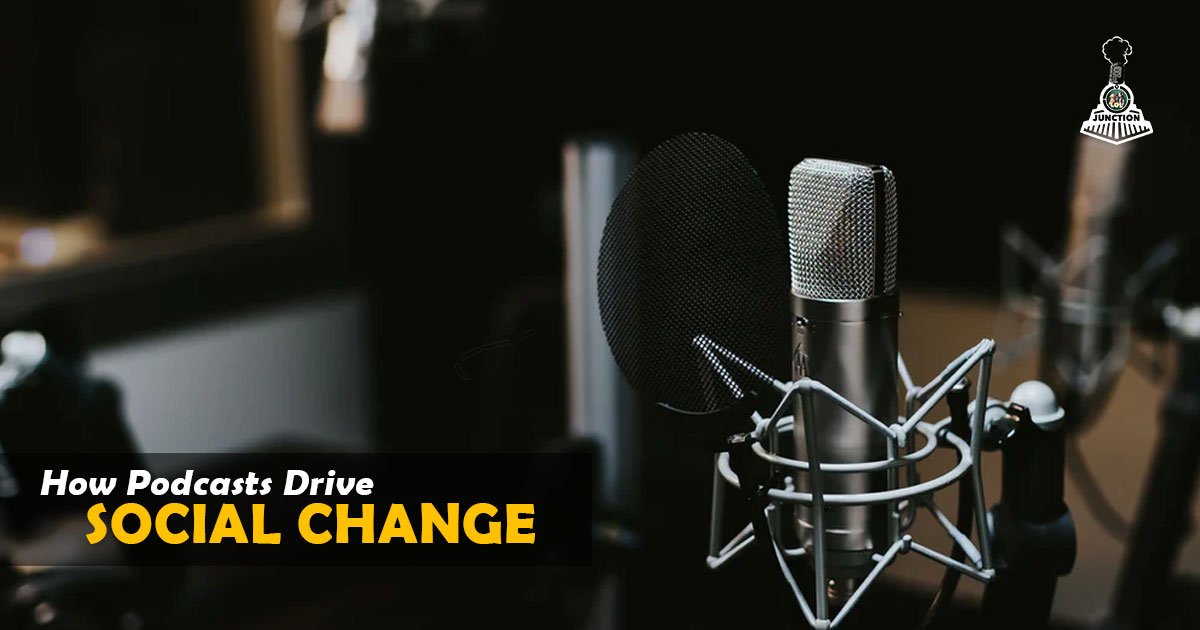
How Podcasts Drive Social Change
7 months ago Kasturi Jha

7 months ago Kasturi Jha
Scroll through any podcast directory today and you’ll find more than just comedy, crime, and career tips. You’ll find stories that make you pause. Voices that inspire you to act. Conversations that challenge your beliefs and open your mind.
We’re in the middle of a media revolution—and podcasts are at the center of it.
In a world where headlines move too fast and social feeds are cluttered with distractions, audio content has quietly emerged as a powerful tool for driving real-world impact. Whether it’s raising awareness, pushing policy, or starting hard conversations, a new wave of shows is redefining the podcast impact.
This blog explores how podcasts—especially those rooted in empathy, honesty, and purpose—are becoming vital channels for social change and global understanding.
Let’s start with the obvious: podcasts are intimate. They reach people directly—often when they’re alone, relaxed, or deep in thought. This intimacy makes them ideal for emotional storytelling, nuanced education, and subtle persuasion.
Unlike fast-scrolling visuals, audio offers space for:
This format creates a sense of trust—something essential for content focused on activism, justice, and awareness audio.
When someone listens to a show on climate justice or gender equity during their commute, they’re not just absorbing facts—they’re reflecting on values. That’s the heart of podcast change.
Over the past five years, the number of podcasts centered around activism, equity, and inclusion has skyrocketed. From independent creators to NGOs and global media houses, more producers are using audio to spotlight voices that typically go unheard.
The social good podcast genre now spans:
These shows aren’t always flashy. But they’re deeply human. And they’re being downloaded, shared, and cited more than ever.
Because people are craving more than entertainment—they want meaning.
Let’s look at a few powerful examples that show just how real podcast impact can be.
A brilliant show about race, identity, and culture in America. By combining history, personal stories, and current events, it turns abstract debates into accessible dialogue.
This show has sparked school discussions, workplace diversity programs, and even book clubs around awareness audio.
Focused on climate change, this podcast turned complex environmental issues into actionable conversations. It helped listeners rethink their habits, organize climate groups, and push for local policy changes.
That’s the power of activism audio: it moves you from listening to doing.
This storytelling podcast, hosted by Kasturi Jha, focuses on human-animal connections. It’s not just about cute pet stories—it’s about rescues, grief, healing, and how animals affect human well-being.
By featuring veterinarians, conservationists, and ordinary people, it drives awareness around animal welfare in a deeply emotional way. A true example of a social good podcast that blends empathy with education.
Listen here: Let’s Off Leash
The goal of podcast change isn’t just to inform—it’s to activate. So why are podcasts particularly effective at getting people to do something?
Because they’re built on:
For many people, their favorite awareness audio episodes become reference points—things they quote, share, and revisit. That stickiness matters in a world of fleeting content.
It’s not just a Western trend. Podcasts are booming across the Global South—especially where mainstream media is restricted or biased.
In countries like India, Nigeria, Brazil, and Pakistan, independent podcasters are using their platforms to:
The low barrier to entry (a mic + internet) makes audio one of the most democratic mediums. And in many areas, activism audio is filling gaps left by radio and TV.
Thinking of starting a social good podcast of your own? You don’t need to be an expert. You just need a story, a purpose, and a plan.
Here’s a simple framework:
What issue do you care about? What’s the change you want to spark?
Will it be interviews, solo storytelling, roundtables, or something creative?
Authenticity beats polish. Speak from the heart. Use real voices. Stay grounded.
Bring in guests, partner with NGOs, or amplify community stories.
Consistency builds trust and listener momentum.
Need help getting started? Check out this full guide:
👉 How to Start Your Own Podcast Easily
Here’s the truth: most people don’t remember stats. They remember stories.
A well-told episode on systemic injustice will have more staying power than a report or Instagram post. That’s the secret to podcast impact—it transforms data into empathy.
Some ways creators are turning shows into movements:
Podcasting can—and should—live beyond the app.
Whether you're a host or a listener, your actions count. After a powerful awareness audio episode, ask yourself:
Change doesn’t always mean protest or policy. Sometimes, it’s just shifting your own perspective—and helping others do the same.
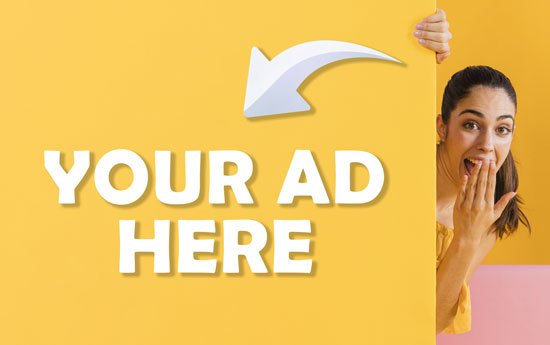

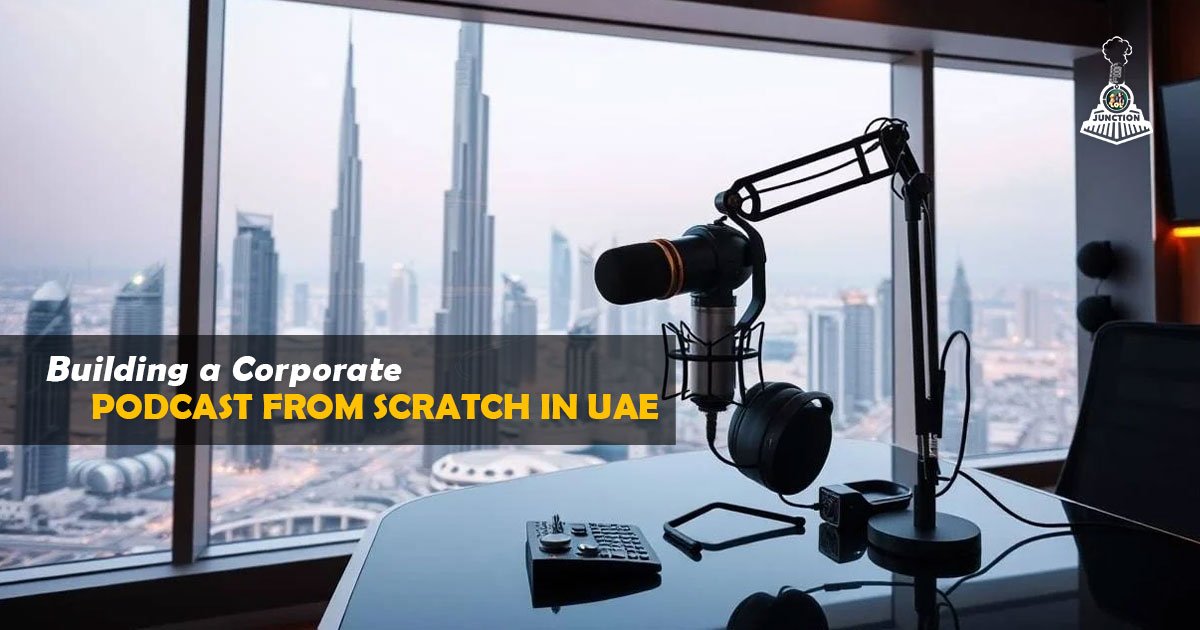
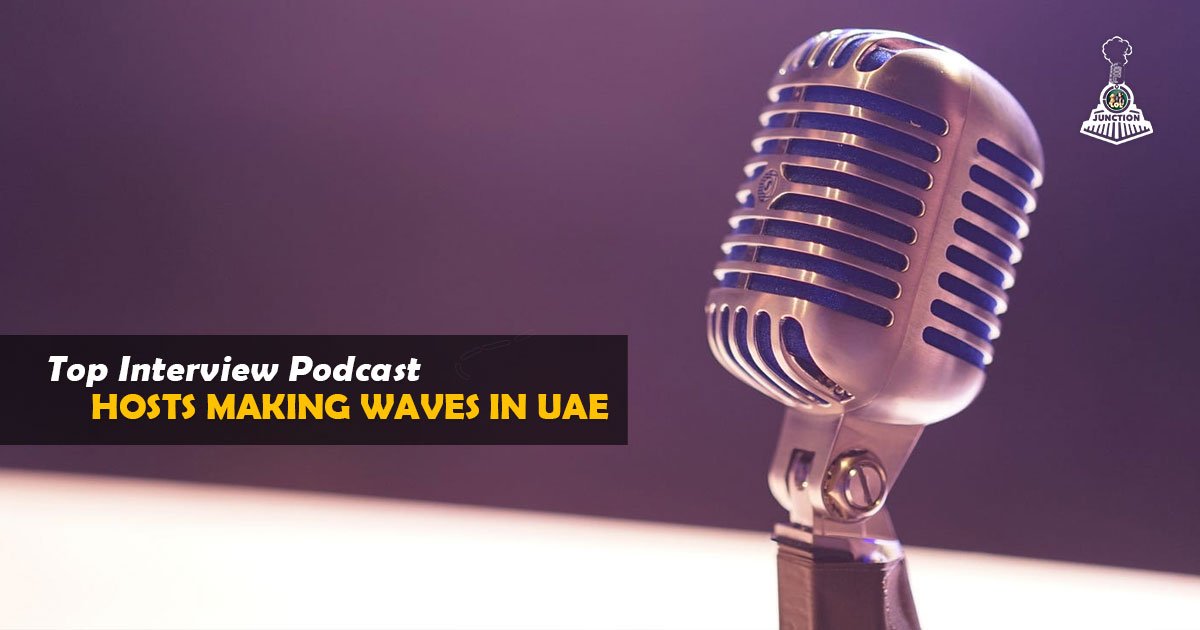
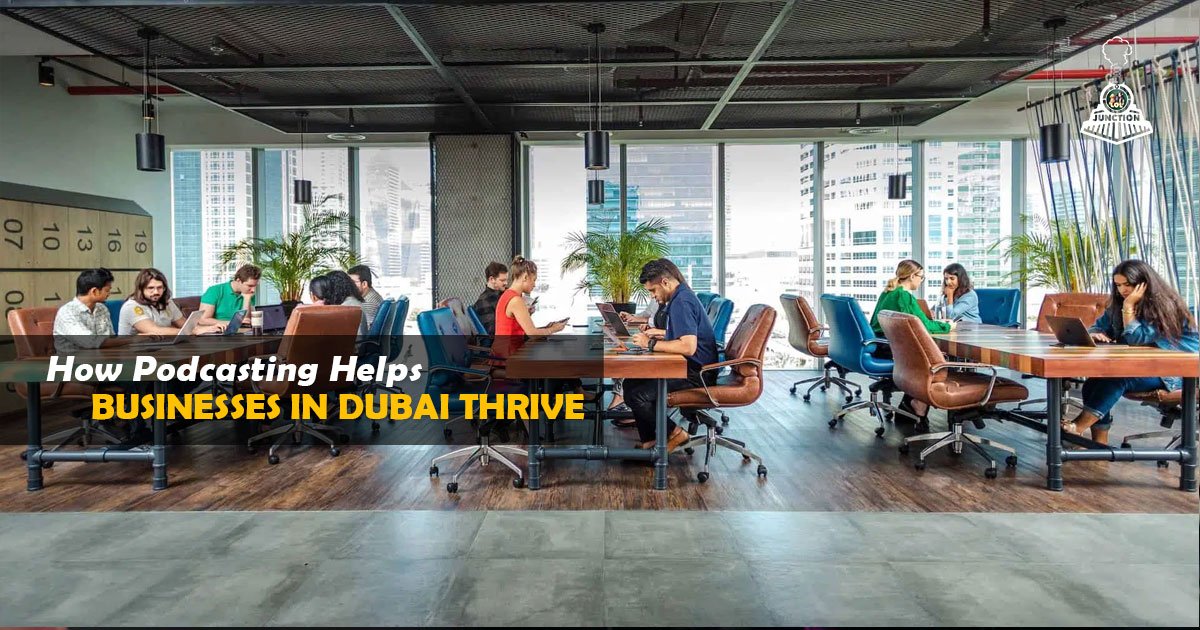
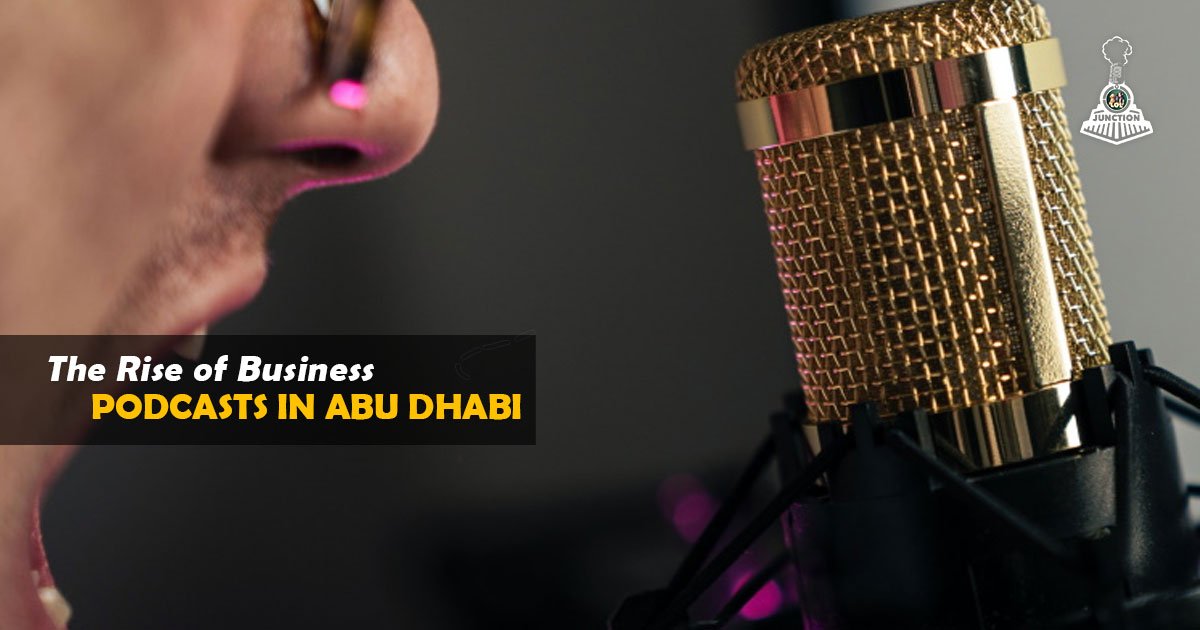
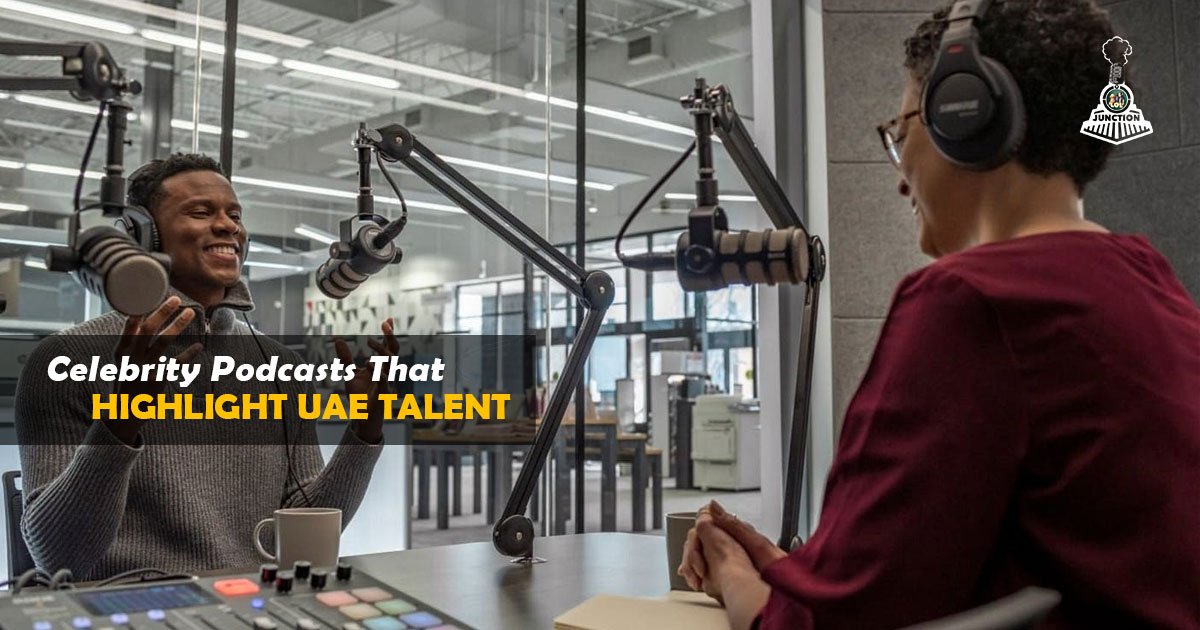
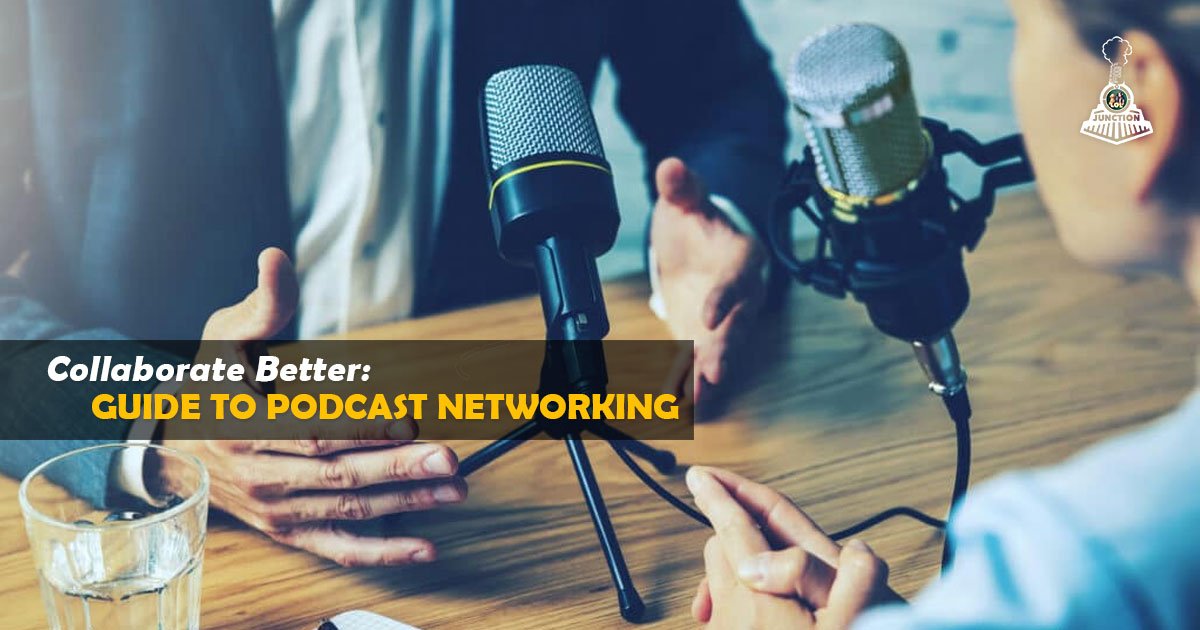
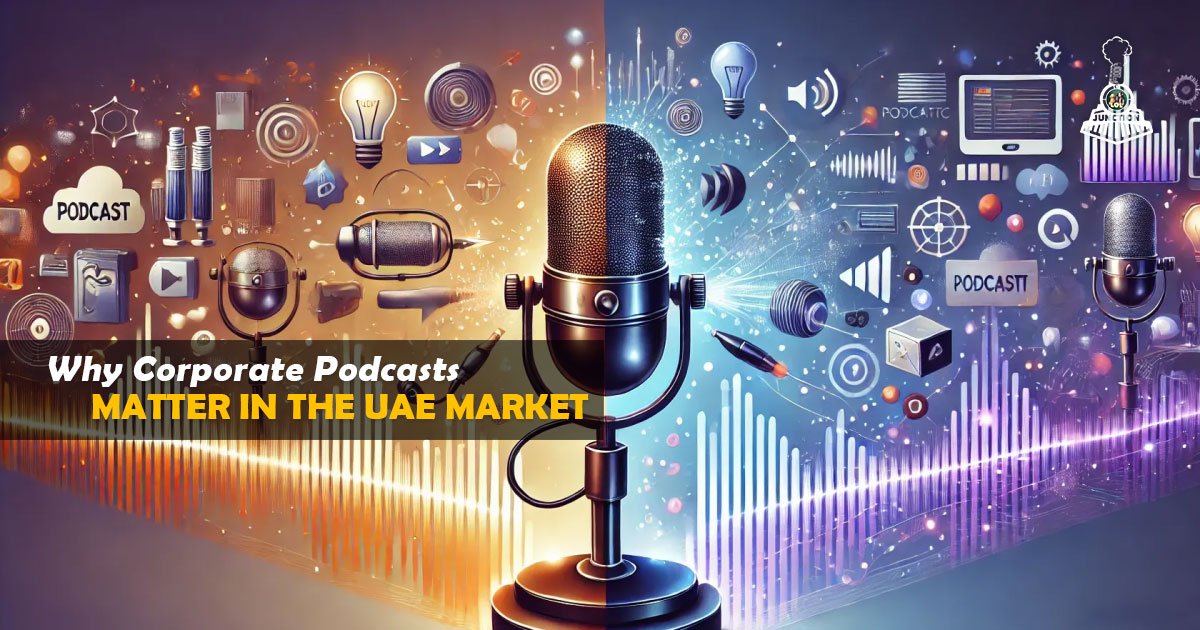
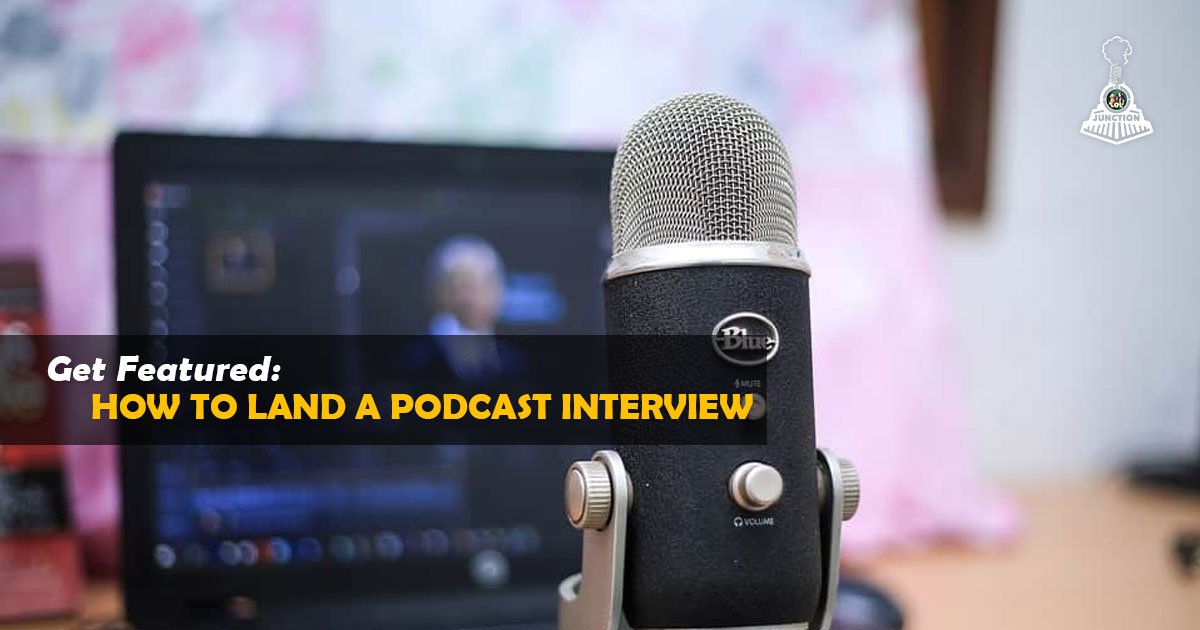
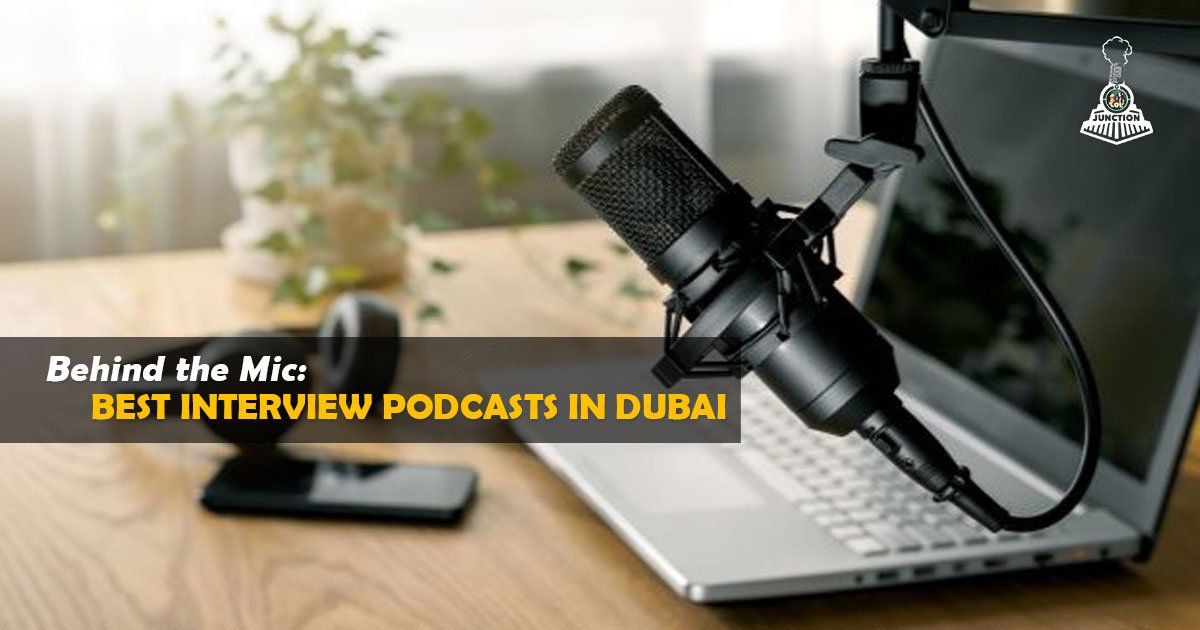
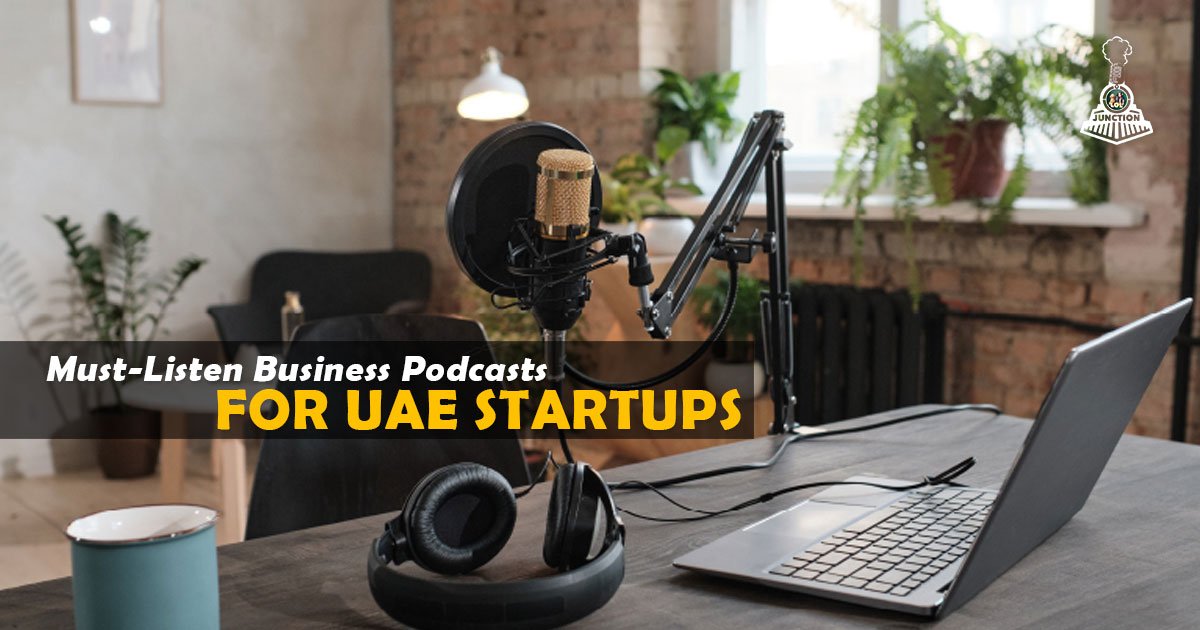
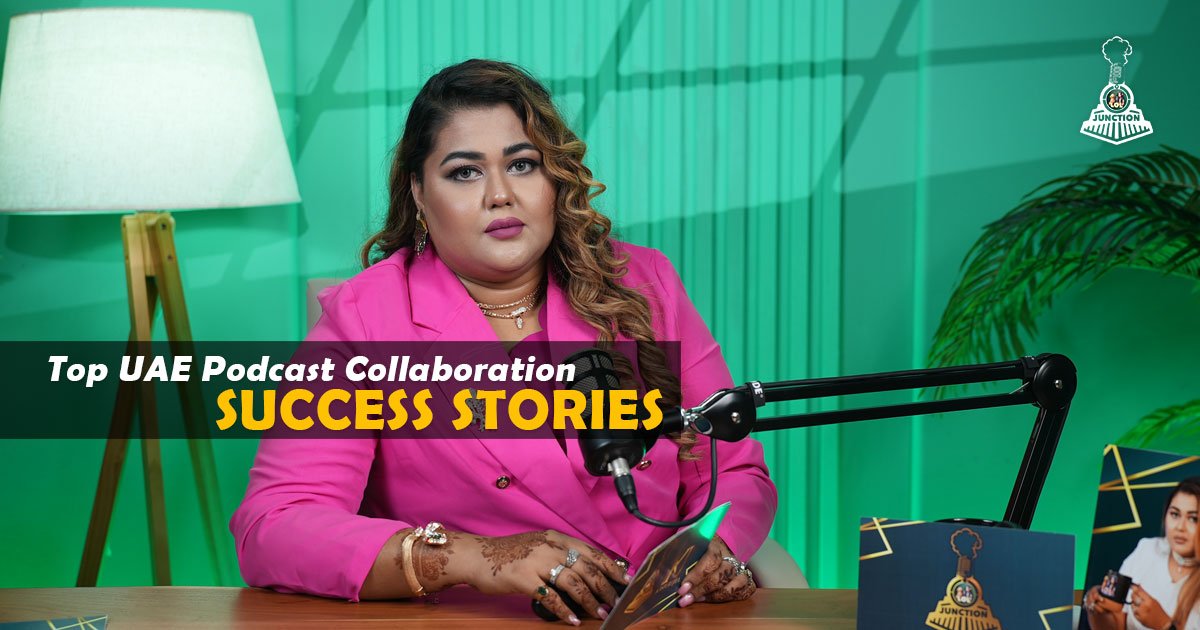
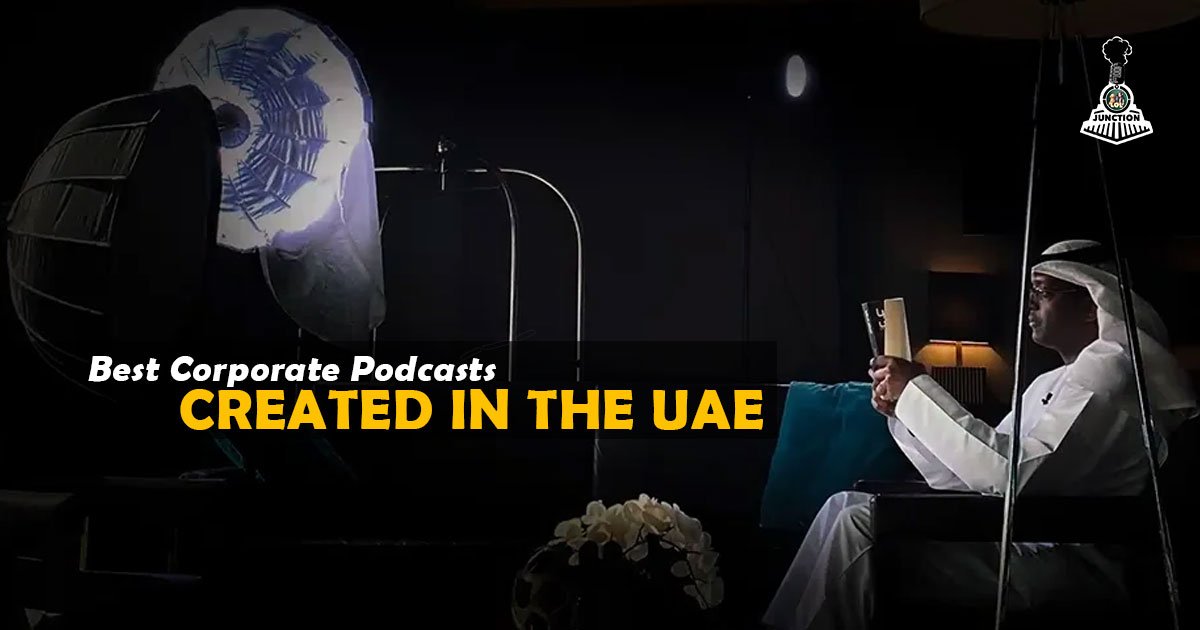
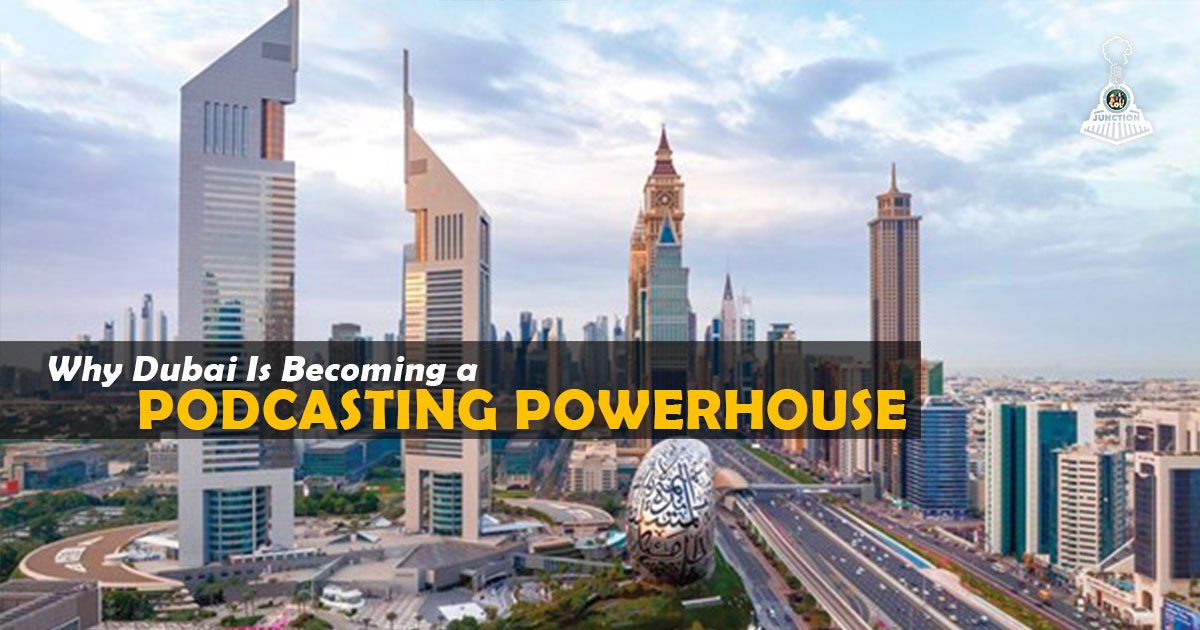
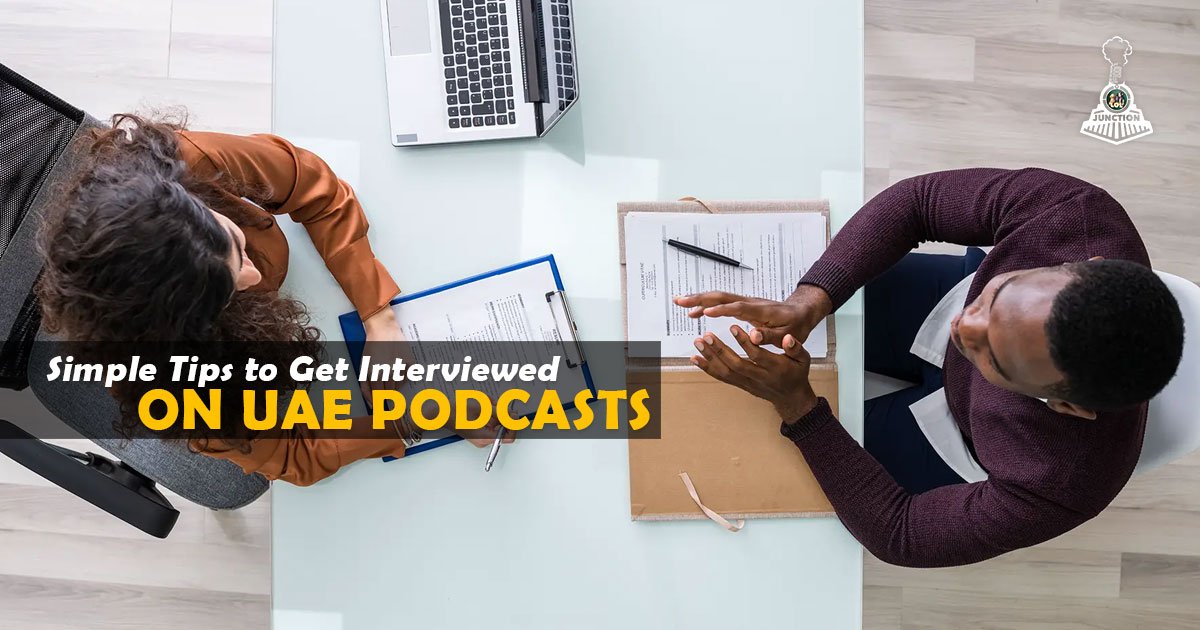

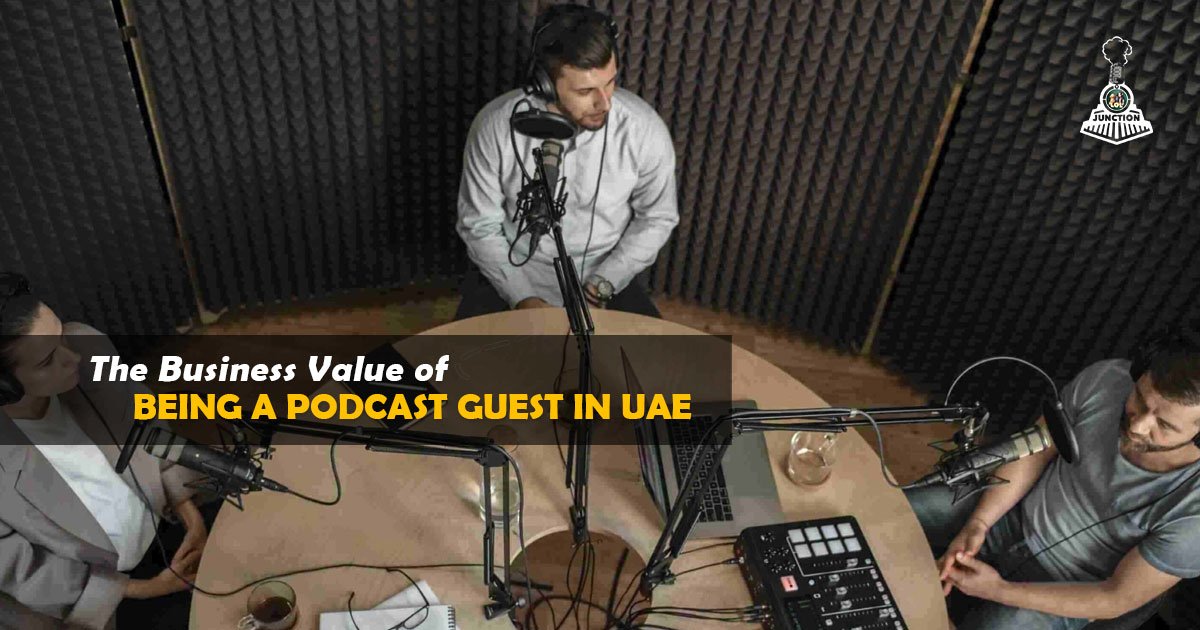
Learn how being a podcast guest in the UAE helps boost credibility, drive leads, and grow your audience.
Read More..
Learn how businesses in the UAE are leveraging podcasts to strengthen corporate identity and customer engagement.
Read More..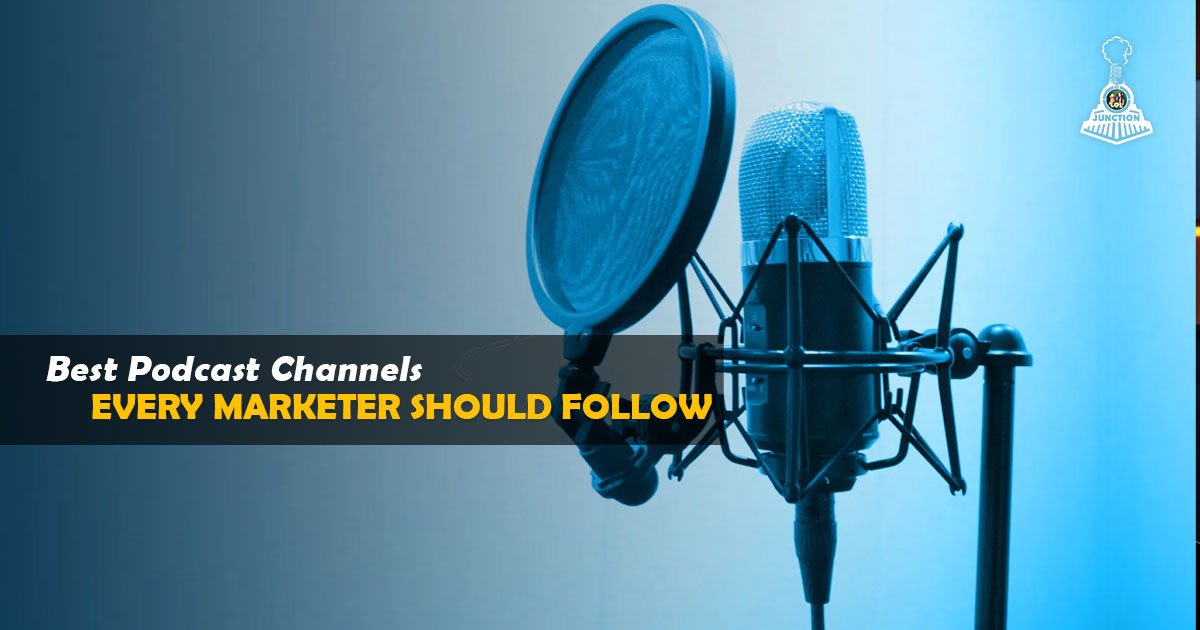
Explore top podcast channels that provide marketing insights, trends, and tactics, tailored for the UAE audience.
Read More..© 2025 LOL - Let's Off Leash. All rights Reserved. Powered by Dar Alafkar Marketing LLC